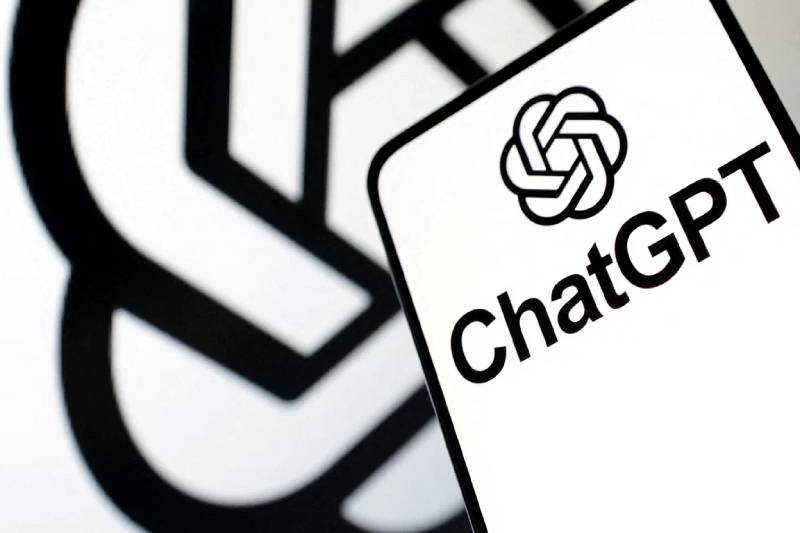The AI revolution has arrived a year after ChatGPT’s historic release, but any uncertainty about Big Tech’s dominance has been eliminated by the recent boardroom crisis at OpenAI, the company behind the super app.
In a sense, the covert introduction of ChatGPT on November 30 of last year was the geeks’ retaliation, the unsung engineers and researchers who have been working silently behind the scenes to develop generative AI.
With the release of ChatGPT, OpenAI CEO Sam Altman—a well-known figure in the tech community but little known outside of it—ensured that this underappreciated AI technology would receive the attention it merits.
With its rapid adoption, ChatGPT became the most popular app ever (until Meta’s Threads took over). Users were amazed at how quickly the app could generate poems, recipes, and other content from the internet.
Thanks to his risk-taking, Altman, a 38-year-old Stanford dropout, became a household name and became a sort of AI philosopher king, with tycoons and world leaders following his every word.
As for AI, “you’re in the business of making and selling things you can’t put your hands on,” according to Margaret O’Mara, a historian from the University of Washington and the author of “The Code,” a history of Silicon Valley.
“Having a figurehead of someone who can explain it, especially when it’s advanced technology, is really important,” she added.
The supporters of OpenAI are sure that if they are allowed unrestricted access to capital and freedom to develop artificial general intelligence (AGI) that is on par with or superior to human intellect, the world will be a better place.
However, the enormous expenses of that holy mission compelled an alliance with Microsoft, the second-biggest corporation in the world, whose primary objective is profit rather than altruism.
In order to help justify Microsoft’s $13 billion investment in OpenAI earlier this year, Altman steered the company toward profitability.
This ultimately led to the boardroom uprising this month among those who think the money-makers should be kept at bay, including the chief scientist of OpenAI.
When the battle broke out, Microsoft stood up for Altman, and the young employees of OpenAI supported him as well. They understood that the company’s future depended on the profits that kept the computers running, not on grand theories about how or why not to use AI.
Since ChatGPT launched a year ago, there has been conflict over whether AI will save the world or end it.
For instance, just months after signing a letter advocating for a halt to AI advancements, Elon Musk launched his own business, xAI, entering a crowded market.
In addition to investing in AI startups, Google, Meta, and Amazon have all incorporated AI promises into their corporate announcements.
Businesses across all industries are registering to test AI, whether it be through magic wands or killer robots, usually from OpenAI or through cloud providers like Microsoft, Google, or Amazon.
“The time from learning that generative AI was a thing to actually deciding to spend time building applications around it has been the shortest I’ve ever seen for any type of technology,” said Rowan Curran, an analyst at Forrester Research.
However, concerns are still widespread that bots could “hallucinate,” producing inaccurate, absurd, or offensive content, so business efforts are currently being kept to a minimum.
In the aftermath of the boardroom drama, tech behemoths like Microsoft, which may soon have a seat on the company’s board, will write the next chapter in AI history.
“We saw yet another Silicon Valley battle between the idealists and the capitalists, and the capitalists won,” said historian O’Mara.
The next chapter in AI will also not be written without Nvidia, the company that makes the graphics processing unit, or GPU—a potent chip that is essential to AI training.
Tech behemoth, startup, or researcher—you have to get your hands on those hard-to-find and pricey Taiwan-made chips.
Leading digital firms, such as Microsoft, Amazon, and Google, are leading the way.


 Technology4 weeks ago
Technology4 weeks ago
 Technology4 weeks ago
Technology4 weeks ago
 Science4 weeks ago
Science4 weeks ago
 Business4 weeks ago
Business4 weeks ago
 Business4 weeks ago
Business4 weeks ago
 Business4 weeks ago
Business4 weeks ago
 Uncategorized4 weeks ago
Uncategorized4 weeks ago
 Business3 weeks ago
Business3 weeks ago










